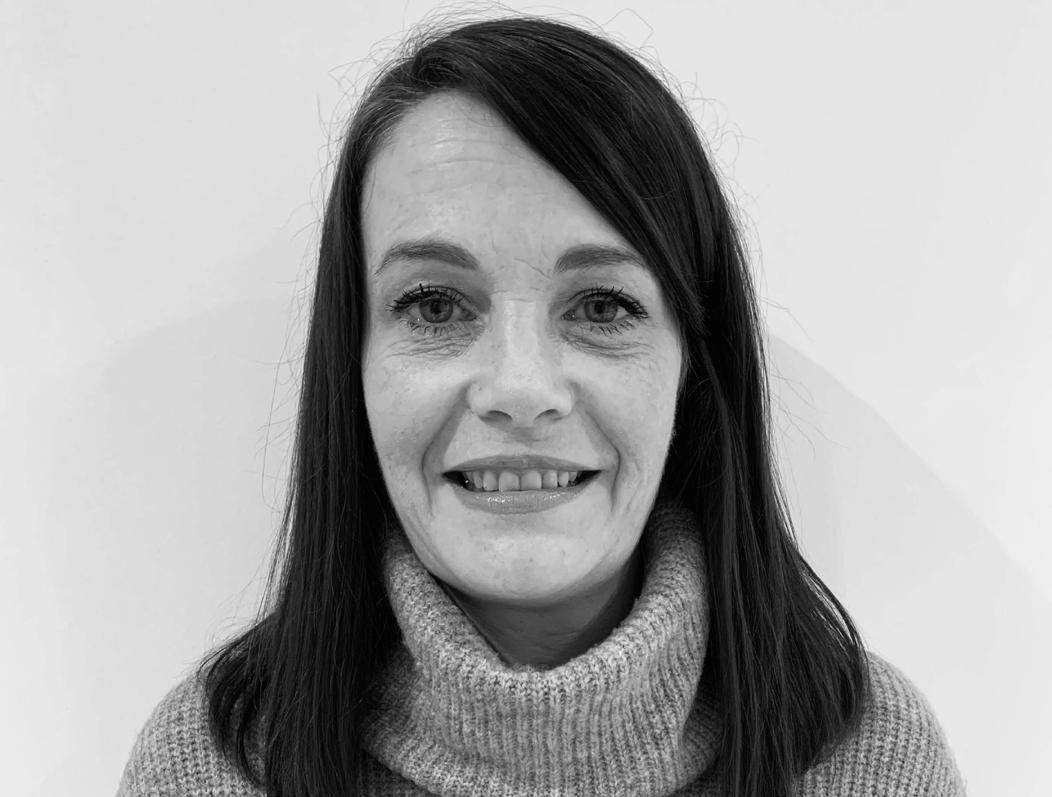
2 minute read
Reaching more children and families
Springboard Project
Families with disabled children continue to be disproportionally affected by the pandemic due to its long-term impact on healthcare services. In 2022 families faced lengthy delays for vital appointments, referrals and therapies, with Occupational and Speech and Language Therapy particularly affected. These delays could have a significant detrimental impact on children’s development as well as parental mental wellbeing.
Advertisement
Our Springboard project, introduced during the pandemic, is our early intervention tool. Through this remote support, we rapidly assess children newly referred to Playskill, provide therapy input, advice and signposting, to help a greater number of children and families at the earliest opportunity.
43 children/families received early help, with remote assessment, advice and support
13 new children/ families were seen, on average, in Springboard each term
Professionals Conference
27 children seen in Springboard fed in to Playskill groups, with others receiving advice & signposting
During the Summer term we ran a successful Professionals Conference which further extended our links in Hertfordshire, hosting education and early years professionals, outreach and social workers – all of whom come in to contact with families in need and can offer the lifeline of referring to Playskill.
Emma Shumake, Early Years Care Co-ordinator
Twelve years ago, I worked in a nursery where one of the children had Cerebral Palsy and attended Playskill. The parents raved about it and I was sold! Since then, I have referred many children to Playskill and watched them flourish as a result.
I am now an Early Years Care Co-ordinator working within the Public Health Nurse Service for Hertfordshire Community NHS Trust. For those families whose children have physical needs and disabilities, I see that the support just isn’t there for them as promptly as they would hope - NHS referrals have long waiting times. Families are told of the importance of early intervention to improve outcomes, but with long waiting lists if they are unable to afford private treatment, the opportunity for early intervention is missed. These families are often dealing with complex health needs, financial pressures and feelings of isolation.
My role is to help families navigate the sometimes-complicated Health, Social Care and Education system. To be able to tell them about Playskill is a lifeline and a huge relief, giving them hope beyond the long waiting lists. When I discharge them, I feel reassured that they’re in safe hands with Playskill – not just in terms of the expert therapies, but all the additional support they offer.
In all the years I’ve worked with the charity I’ve seen them go over & above for families. They never give up on anyone and children are given every opportunity to reach their full potential. Working so closely with Andrea and others, we’re able to provide continuity between us, and Playskill will refer back to me so we can signpost to additional services.
With some families I’ve referred, parents can be nervous. At this young age, it may be the first time they are accessing services relating to disabilities and it can be difficult for them to see other children and accept what may be ahead. But once they join, they see a positive impact on their child’s development and relief that someone is there to help. As well as the invaluable connection with other parents who are in the same situation – something not to be underestimated and not otherwise available in mainstream services. I hear from them how positive and supportive Playskill is to the whole family.
I will continue to promote Playskill, not only to those families in need, but to all the services who work with pre-school aged children. There are varying levels of delays and disabilities, and with Health Visiting Services and GPs so over stretched, subtleties are being missed. It is essential we ensure children and families are accessing all the support on offer.
May Playskill continue for many years to come and, in an ideal world, be there to support every child in need.








